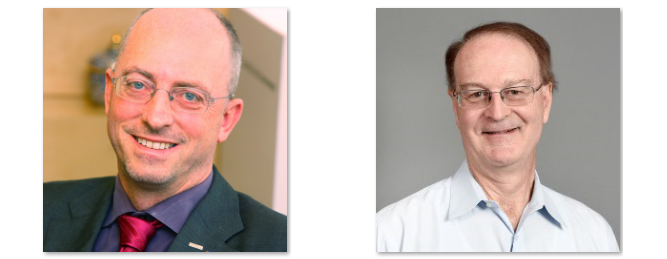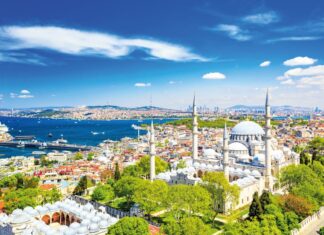Professors Bruce Rittmann and Mark van Loosdrecht have been named the 2018 Stockholm Water Prize Laureates for “revolutionising water and wastewater treatment”.
Fellows of the IWA, van Loosdrecht’s and Rittmann’s microbiological-based technologies in water and wastewater treatment were recognised for increasing the possibilities to remove harmful contaminants from water, cut wastewater treatment costs, reduce energy consumption, and even recover chemicals and nutrients for recycling.
In its citation, the Stockholm Water Prize Nominating Committee said, “they have revolutionised treatment of water for safe drinking, and refined purification of polluted water for release or reuse–all while minimising the energy footprint”.
Van Loosdrecht, Professor in Environmental Biotechnology at Delft University of Technology, The Netherlands, told The Source that the award would help to stimulate further the development and integration of life sciences in the traditionally strongly civil engineering dominated field.
“Only a fraction–much less then 10 percent–of all bacteria is as yet studied and understood,” he said. “Each year new exiting microorganisms are discovered that either play a role in the water treatment systems or can be used to design new processes for water treatment.”
He added that with a focus on resource recovery for wastewater and other organic wastes, the understanding of microbial ecology is crucial to develop commercially interesting new alternatives to end pipe treatment.
“[My] research shifted a bit from treatment technology (Anammox, Nereda and EBPR systems remain getting attention) to resource recovery technology,” he explained. “The main aim is to develop a resource recovery technology that will at least cover the running costs of a wastewater treatment plant. This not only is needed to drive resource recovery, but will also aid in introducing wastewater treatment in areas where this is still seen as an economic burden.”
Rittman has studied how microorganisms can transform organic pollutants to something of value to humans and the environment.
“Traditionally, we have just thought of pollutants as something to get rid of, but now we’re beginning to see them as potential resources that are just in the wrong place,” he said. “We’re in the middle of a paradigm shift, with more and more focus on how we can create resources, using microbial systems.”
HRH Crown Princess Victoria of Sweden will present the prize to Rittmann and van Loosdrecht on behalf of HM King Carl XVI Gustaf of Sweden, Patron of Stockholm Water Prize, at a royal award ceremony on 29 August, during World Water Week in Stockholm.








